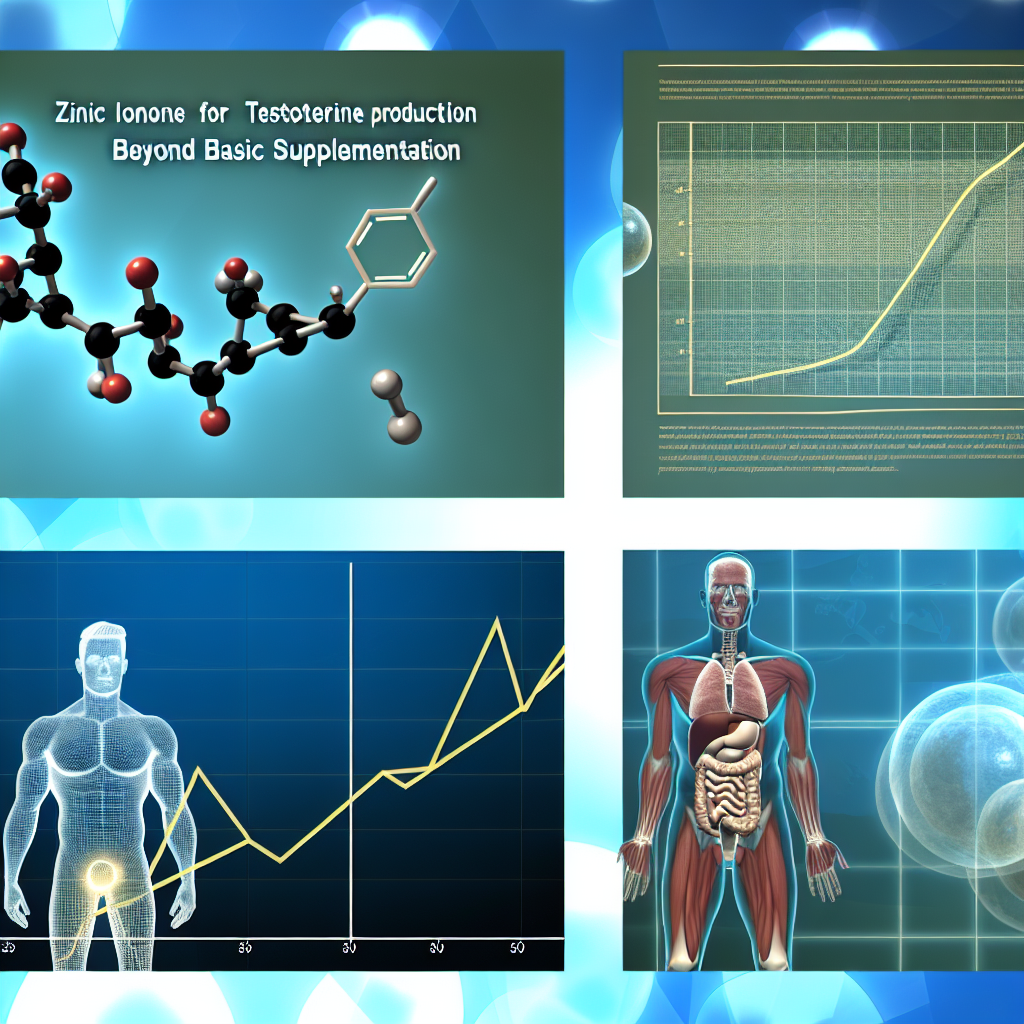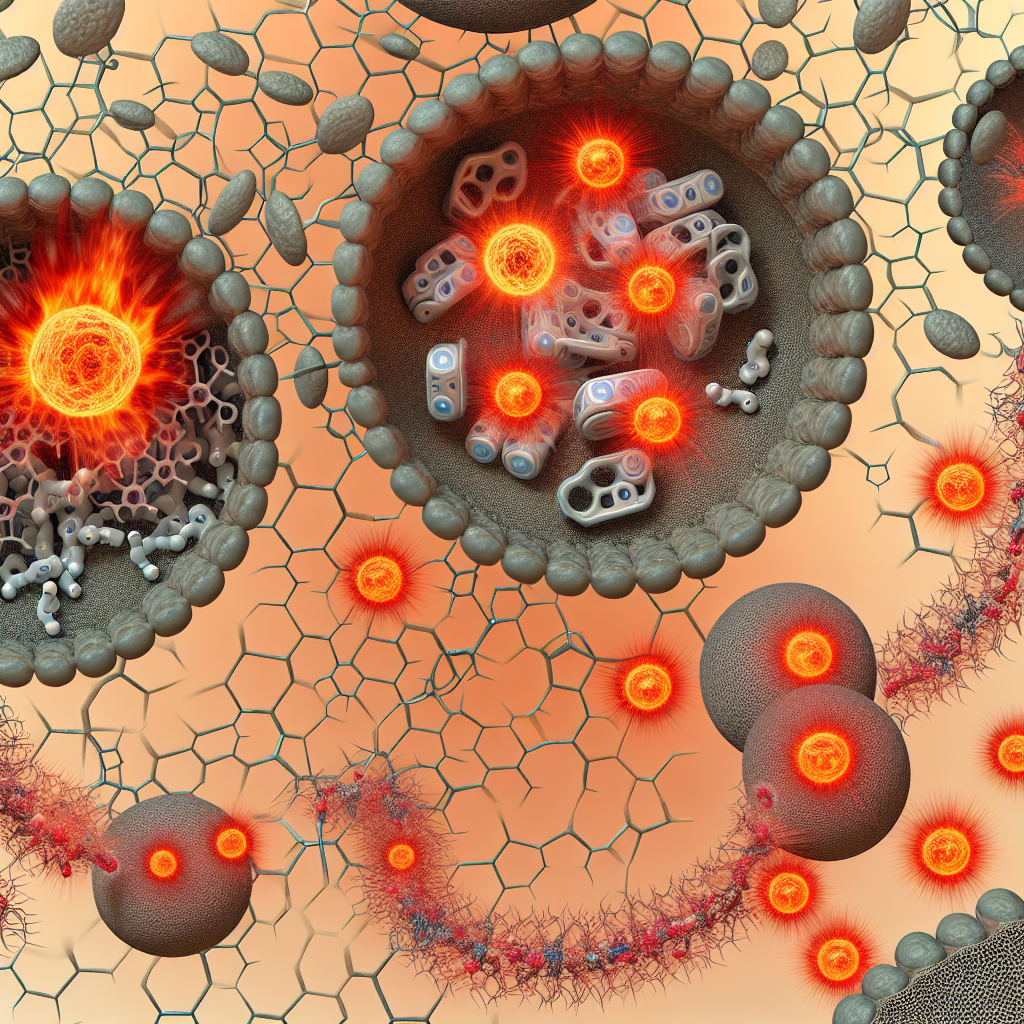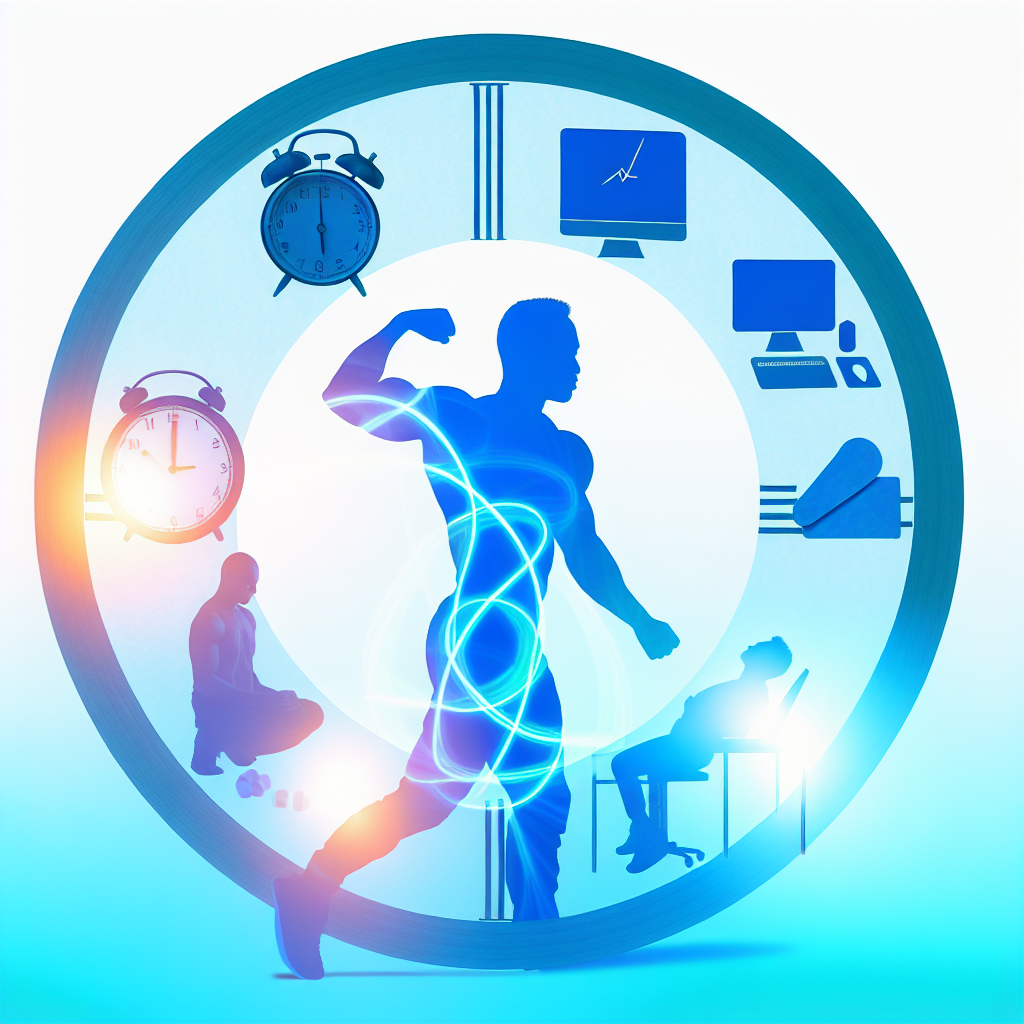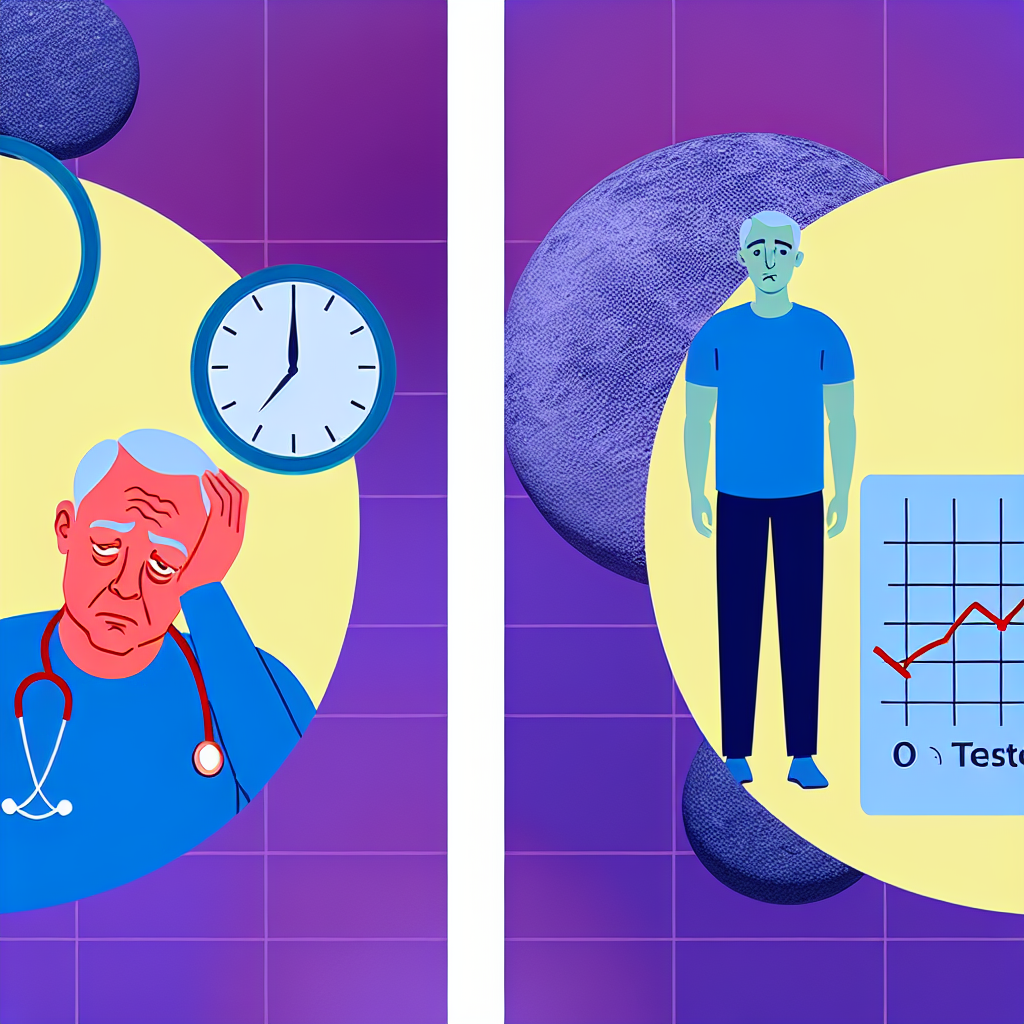Mindfulness Techniques for High-Pressure Careers
Introduction
In today’s demanding world, high-pressure careers are increasingly common. Whether it’s corporate executives, healthcare professionals, first responders, or technology workers, the expectations often include long hours, fast decision-making, and continual mental stamina. This environment takes a serious toll on mental health, especially for men, who are often socially conditioned to suppress emotions and avoid appearing vulnerable.
From teenage interns to men in their 90s, chronic stress is not only uncomfortable—it’s life-threatening. It can elevate cortisol levels, impair immunity, accelerate aging, and contribute to serious health issues like heart disease and depression. Despite more public awareness around mental health, many men still resist seeking help, viewing self-care as weakness.
This is where mindfulness steps in. Backed by research and embraced across medical and professional communities, mindfulness is the art of being fully present without judgment. It’s not about meditating for hours—it’s about awareness in small everyday moments that can shift how we respond to stress.
What makes this practice powerful is its accessibility. Even a few minutes of focused breathing or mindful walking can train your brain to handle pressure with more composure and clarity. For men working in fast-paced fields or managing constant challenges, integrating mindfulness isn’t just beneficial—it’s a game-changer.
Research and Professional Findings Supporting Mindfulness
Scientific studies overwhelmingly support the benefits of mindfulness in professional settings. The American Psychological Association (APA) reports that mindfulness improves focus, reduces stress, regulates emotions, and enhances working memory.
One key figure in this field is Dr. Jon Kabat-Zinn, who developed the Mindfulness-Based Stress Reduction (MBSR) program at the University of Massachusetts Medical School. His 8-week course demonstrated significant reductions in stress and anxiety among professionals from various industries.
Another pivotal study published in the Journal of Occupational Health Psychology showed that just 10 minutes of daily mindfulness dramatically reduced burnout among nurses, compared to those who received no mindfulness support.
According to a Harvard Business Review article, mindfulness boosts emotional intelligence, which is directly connected to effective leadership, team communication, and the ability to navigate pressure without emotional outbursts.
Most compelling is the neurological evidence from a Harvard study reported by the Harvard Gazette. Participants in an eight-week mindfulness program showed measurable brain changes, including increased cortical thickness in the hippocampus (responsible for learning and memory) and a reduction in the size of the amygdala, the fear and stress center of the brain.
This body of work confirms that mindfulness isn’t a fad—it’s a proven method to strengthen your brain, regulate emotions, and increase performance under pressure. Whether you’re leading a business, working on the front lines, or launching a new venture, mindfulness can improve both resilience and job performance.
Mindfulness Techniques for High-Pressure Careers
1. Box Breathing (4-4-4-4 Technique)
Used by Navy SEALs and high-performers, this method calms the body in real time. Inhale for four seconds, hold for four, exhale for four, hold again for four. Repeat for a few cycles. It reduces stress responses and boosts focus, making it ideal before presentations or during chaotic work moments.
2. Body Scan Meditation
Perfect for breaks or after work, body scan meditation involves mentally checking in with each part of your body. From the crown of your head to the soles of your feet, try to recognize and release tension. Apps like Headspace and Insight Timer offer guided versions under 10 minutes.
3. Mindful Walking
Rather than walking on autopilot, bring awareness to each footstep. Notice how your feet hit the ground and the rhythm of your breath as you move. This technique is ideal for short breaks between meetings or as you’re walking to your car. It disrupts mental spirals and restores calm clarity.
4. Intentional Journaling
Take five minutes to jot down your emotions, stress triggers, and observations. Over time, this builds emotional intelligence and reveals reactive patterns. Use it to detect burnout early, process thoughts, and prevent reactive behavior in stressful situations.
5. Chair Meditation
Don’t have time to leave your desk? No problem. Sit upright in your chair, plant your feet, rest your hands, close your eyes and take five deep breaths. Pay attention to the breath moving in and out. This micro-moment of mindfulness can interrupt anxiety and bring you back to center.
6. Digital Detox Moments
Constant alerts create overstimulation and anxiety. Choose intentional “screen-free” moments, such as the first 30 minutes after waking or during your lunch break. Use this time to reset mentally or engage in real-time observation. These breaks improve attention span and reduce mental fatigue.
Conclusion
For men in high-performance roles, learning to balance drive with wellbeing is crucial. While modern work culture champions productivity, that focus can come at the cost of health and presence. Integrating mindfulness—through conscious breathing, journaling, or digital breaks—allows men to respond to stress proactively rather than reactively.
The science is clear: mindfulness isn’t woo-woo—it’s wiring. It reshapes our brains, enhances leadership skills, and gives us tools to navigate an unpredictable world with clarity. In an era where burnout is rampant and expectations run high, learning to slow down—intentionally—is a revolutionary act of strength, not weakness.
Regardless of your career stage—from entry-level employee to CEO—mindfulness helps unlock a more focused, emotionally intelligent, and balanced version of yourself.
References
– American Psychological Association
– University of Massachusetts Medical School – MBSR Program
– Journal of Occupational Health Psychology
– Harvard Business Review
– Harvard Gazette
Concise Summary
Mindfulness offers essential tools for men in high-pressure careers to better manage stress, boost emotional intelligence, and maintain mental clarity. Backed by neuroscience and psychological studies, short daily practices like box breathing, mindful walking, and digital detoxes can reduce burnout and improve performance. These techniques are accessible to men of all ages and professions, empowering them to thrive in stressful environments. As mindfulness reshapes brain function and emotional resilience, it proves to be more than a wellness trend—it’s a critical strategy for success in today’s demanding workplace.

Dominic E. is a passionate filmmaker navigating the exciting intersection of art and science. By day, he delves into the complexities of the human body as a full-time medical writer, meticulously translating intricate medical concepts into accessible and engaging narratives. By night, he explores the boundless realm of cinematic storytelling, crafting narratives that evoke emotion and challenge perspectives. Film Student and Full-time Medical Writer for ContentVendor.com




